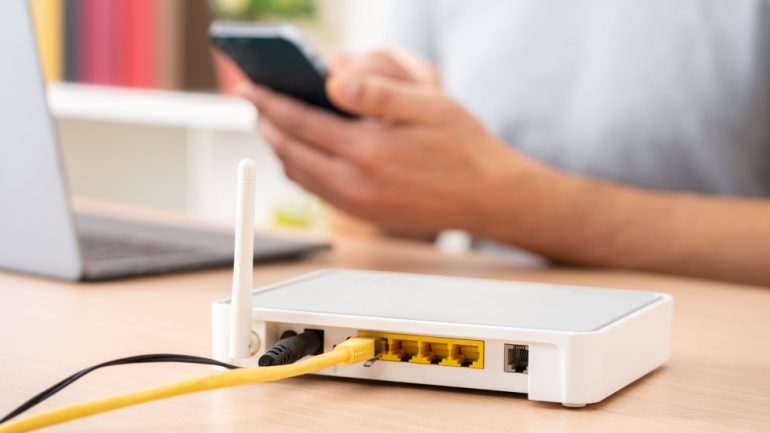Ericsson has joined the Mobile Satellite Services Association (MSSA) to promote Non-Terrestrial Networks (NTN) and advance direct-to-cellular and IoT communications. This collaboration leverages satellite spectrum to enhance mobile coverage globally. With MSSA’s focus on integrating terrestrial and satellite networks, Ericsson aims to provide seamless, reliable connectivity worldwide.
Ofcom has introduced new regulations mandating that internet service providers (ISPs) clearly state whether their broadband uses full-fibre, part-fibre, copper, or cable networks. This aims to eliminate confusion among consumers by providing transparent information on network technologies. By making informed comparisons, customers can better choose the right internet services.
Sparkle, Italy’s leading international service provider, partners with Nexim Global to boost global Internet connectivity. This collaboration, sealed at IBC2024, leverages Nexim’s 8,600 km fiber network and Sparkle’s IP Transit in Milan. Customers will benefit from high-speed, low-latency Internet and advanced DDoS protection, enhancing their online experience.
American Tower Corporation has completed the sale of its Indian operations to Data Infrastructure Trust for INR 210 billion ($2.5 billion). This significant move enhances DIT’s portfolio to 257,000 telecom sites, surpassing Indus Tower.
The UK government has officially designated data centres as Critical National Infrastructure (CNI), elevating their significance to that of energy and water services. This move aims to boost resilience against cyber threats, IT outages, and environmental hazards, safeguarding key data like NHS records. Enhanced governmental support will enhance cybersecurity and foster the digital economy.
Logicalis has announced remarkable progress in its environmental sustainability efforts, as detailed in the Responsible Business Report 2024. Notable achievements include a 27% reduction in scope 1 emissions and a 17% reduction in scope 2 emissions. These efforts align with Logicalis’s goal to reach net-zero emissions by 2050.
The UK’s Competition and Markets Authority (CMA) has raised concerns about the Vodafone and Three merger, fearing it could harm competition and lead to higher prices for mobile customers. The CMA highlights the potential for reduced services and data offerings. Despite promises of better network quality and enhanced 5G, the CMA remains skeptical.
LINX Nairobi’s expansion into PAIX Data Centres elevates its status as East and Central Africa’s premier Internet Exchange Point. This strategic move supports seamless connections for ISPs and global content networks at PAIX’s Nairobi NBO-1 facility. The integration ensures resilient, high-capacity links, fostering Kenya’s digital growth and enhancing VOIP service reliability.
The recent rollout of full-fibre broadband in South Wiltshire under Project Gigabit marks a significant advancement for rural connectivity. With Wessex Internet’s efforts in Stapleford, homes and businesses will experience speeds up to 10Gbps. This strategic move ensures hard-to-reach communities benefit from superior internet capabilities, fostering growth and opportunities.
Sparkle, an international service provider, and Airtel Business have partnered to enhance VoIP connectivity between Asia and Europe via the Blue & Raman Submarine Cable Systems. This strategic agreement promises to diversify and expand global network capacity, catering to increasing data demands and ensuring seamless VoIP services for businesses and consumers.













